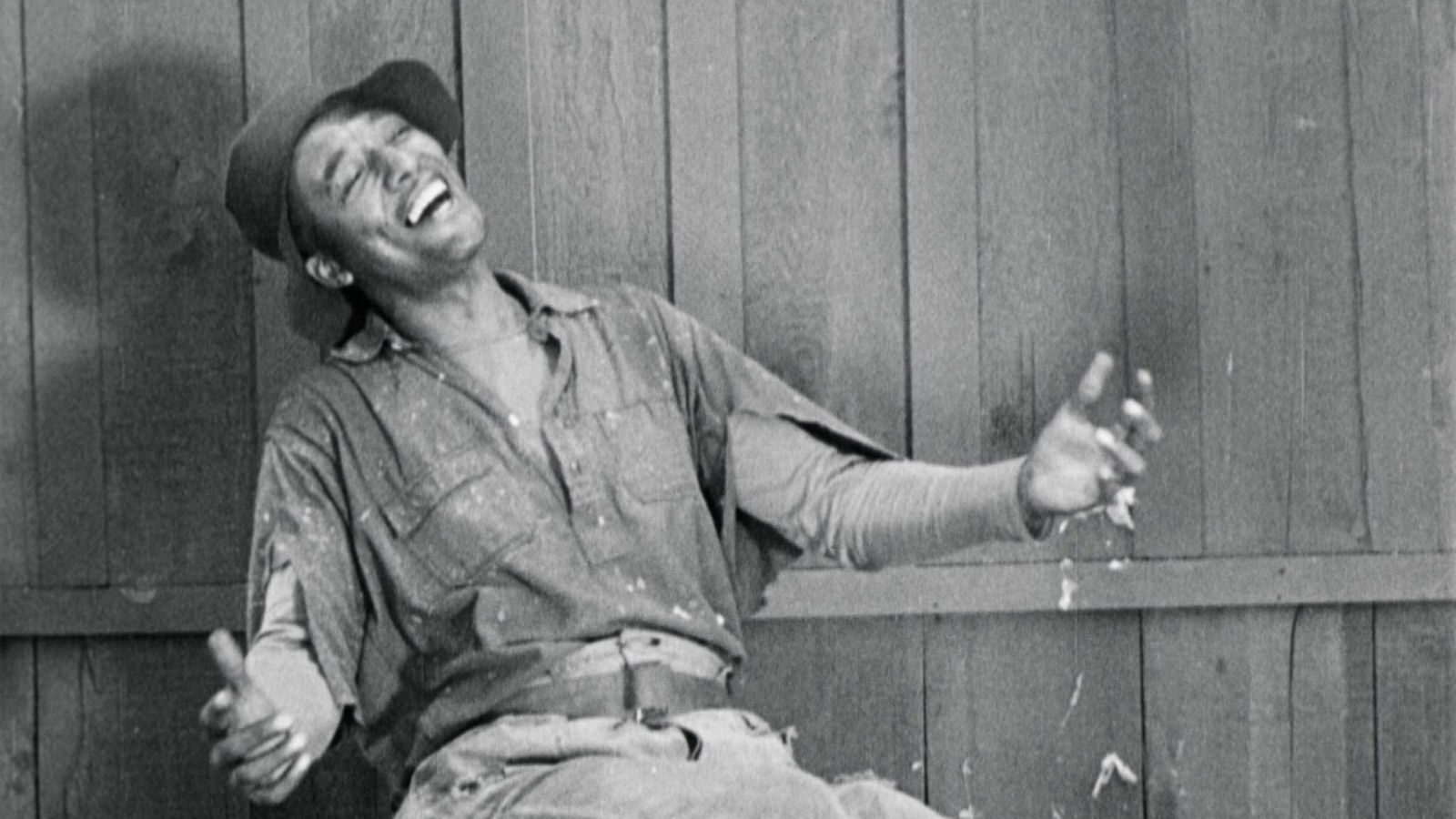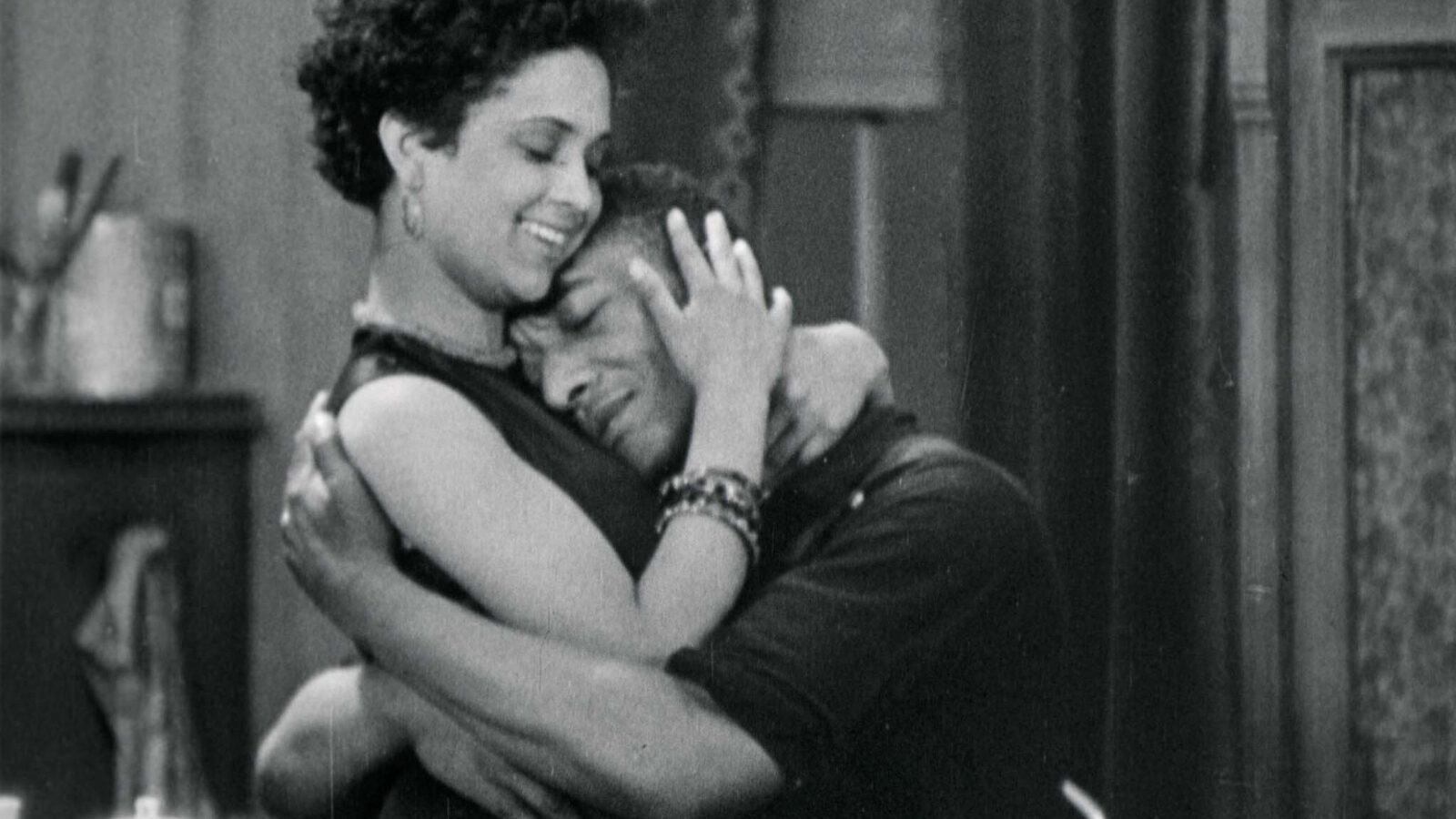Hallelujah
Save with the purchase of three tickets or more with the 3+ Film Package! Discount automatically applied when adding at least three tickets to your cart.
Hallelujah has great historical import, as both Hollywood’s first all-Black cast musical and Vidor’s first sound film. Zeke, a tenant farmer, brings his crop to market for a tidy profit, but he’s cheated out of his earnings by a pair of grifters at a juke joint, and after accidentally killing a man in the fallout that ensues he turns to a life of religion. Production of this story proved challenging at every stage. The studio’s anxiety about theaters in the Jim Crow South refusing to screen the film led Vidor to invest his own salary into the project, and location shooting in Tennessee and Arkansas was plagued with equipment issues. Still, despite these setbacks, the movie was a critical success. Though it draws at times from regrettable stereotypes, Hallelujah remains a significant episode in the medium’s transition away from its silent origins; Vidor maintained, for instance, the dynamic camera movement of his earlier work, and experimented fruitfully with the aesthetic possibilities that the new sound technology allowed. Restored by the Library of Congress and The Film Foundation. Funding provided by the Hobson/Lucas Family Foundation.









